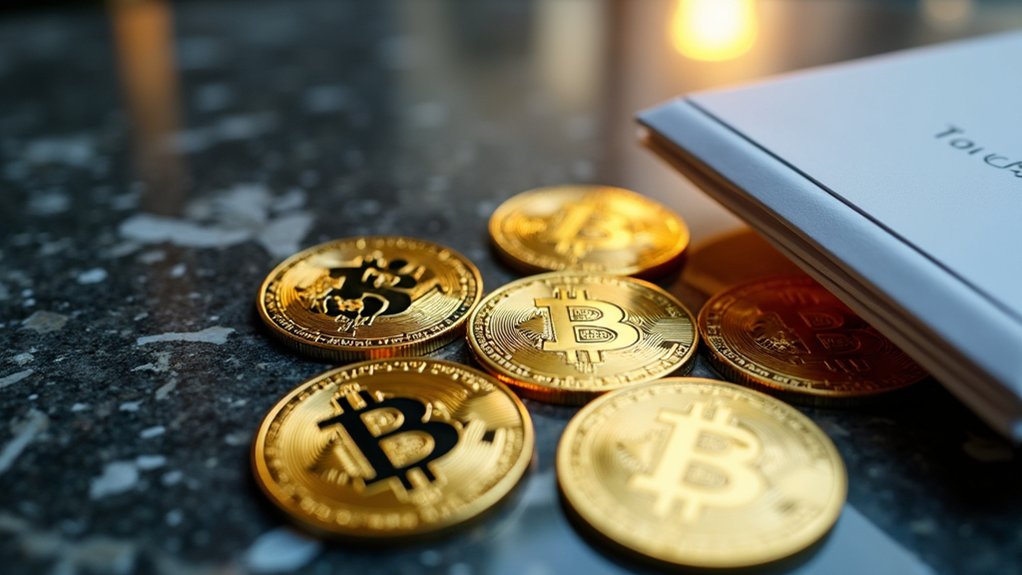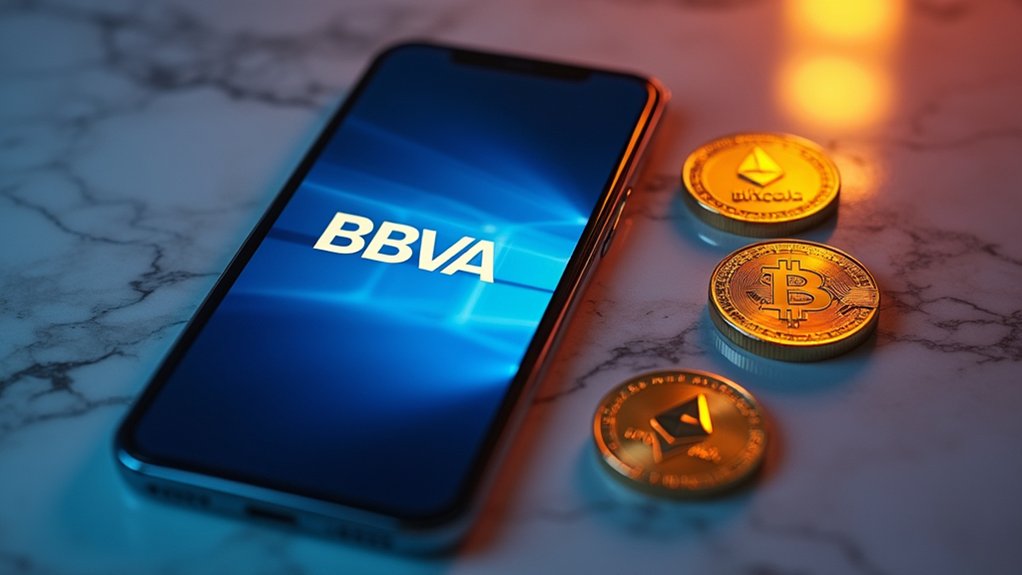South Korea’s major banks are executing what can only be described as a coordinated assault on the digital asset market, with financial giants including Shinhan, KB Kookmin, Woori, and KEB Hana establishing dedicated crypto teams and positioning themselves for stablecoin issuance with the methodical precision of institutions that have clearly learned from watching their global counterparts stumble through regulatory minefields.
The organizational restructuring reads like a corporate battle plan: Woori Bank created its Digital Asset Team under the New Business Alliance Platform Department, while KB Kookmin launched a Digital Asset Response Council that coordinates efforts across credit, insurance, and securities affiliates. These aren’t merely exploratory committees—they’re fully operational units developing crypto custody services, digital wallets, and stablecoin infrastructure with the urgency of institutions that recognize the window of regulatory opportunity may not remain open indefinitely.
These aren’t exploratory committees—they’re fully operational units developing crypto infrastructure with institutional urgency before regulatory windows close.
The centerpiece of this coordinated push involves eight major Korean banks collaborating on won-pegged stablecoins, targeting delivery by late 2025 or early 2026. The strategic rationale is unambiguous: counter the overwhelming dominance of US dollar stablecoins while reinforcing the Korean won’s position in digital finance. It’s a nationalistic digital currency play disguised as market innovation, though one could argue most stablecoin initiatives contain similar underlying motivations.
What makes this particularly fascinating is the historical context. These same banks attempted similar ventures during 2018-2019, only to be derailed by ICO bans under former President Moon Jae-in’s administration. The current pro-crypto stance under President Lee Jae-myung represents a complete regulatory reversal, with National Assembly committees reviewing extensive industry-friendly reforms that would formalize stablecoin and digital asset banking activities.
The timing suggests these institutions are betting heavily on regulatory clarity emerging before market conditions shift. Banks are simultaneously pursuing retail and institutional crypto services while maintaining compliance with anti-money laundering frameworks—a delicate balance that requires the operational sophistication these dedicated teams are presumably developing.
Whether this coordinated approach succeeds may depend less on technological execution than on regulatory consistency, something South Korean crypto enthusiasts have learned not to take for granted. This strategic positioning reflects a broader global trend where 64% of clients prefer accessing digital assets via familiar banking channels rather than navigating cryptocurrency exchanges independently.









